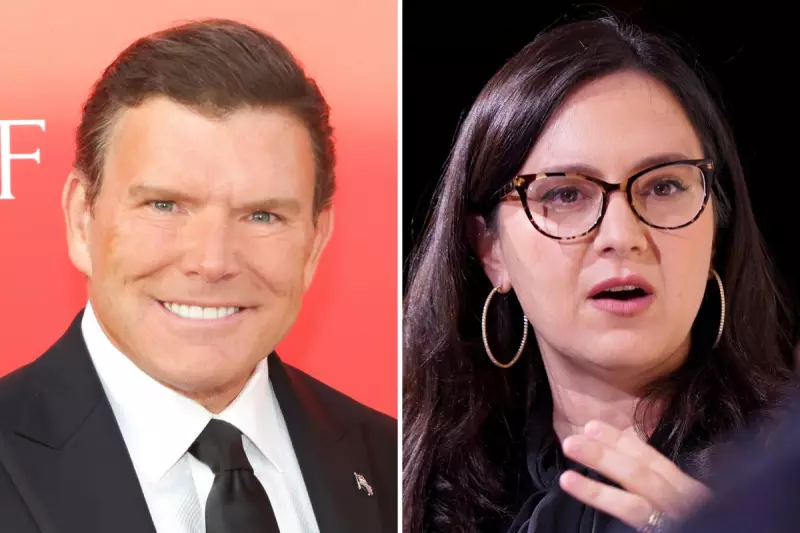
CBS Evening News has found itself at the centre of an internal storm following a controversial interview that has exposed deep fault lines within the network's newsroom. The broadcast featuring Fox News anchor Bret Baier interviewing journalist Bari Weiss has triggered significant backlash from CBS staffers, raising serious questions about editorial direction and journalistic principles.
Internal Uproar Over Contentious Interview
According to multiple reports, CBS journalists expressed strong objections to the segment featuring Weiss, with some staffers actively protesting the decision to air the interview. The internal dissent highlights growing tensions within traditional news organisations about how to handle controversial figures and maintain editorial standards in an increasingly polarised media landscape.
Weiss, a former New York Times opinion writer who now publishes her own substack, has become a lightning rod for debates about free speech and cancel culture. Her appearance on a major network news programme, facilitated by Baier's interview, appears to have touched a raw nerve among CBS news professionals.
Broader Implications for Media Landscape
This incident reflects wider struggles within American journalism as networks navigate the challenging terrain of political coverage and audience expectations. The protest at CBS signals ongoing debates about what constitutes balanced reporting and which voices merit platforming on mainstream news broadcasts.
Industry observers note that such internal conflicts are becoming increasingly common as news organisations attempt to adapt to changing viewer demographics and political allegiances while maintaining their credibility and journalistic integrity.
Questions About Future Editorial Direction
The strong reaction from CBS staff raises important questions about the network's future editorial path. Will management heed the concerns of their newsroom professionals, or will they continue to feature controversial commentators in pursuit of broader audience appeal?
This confrontation comes at a sensitive time for television news, with networks facing declining traditional viewership while simultaneously navigating the treacherous waters of political partisanship and audience fragmentation.
As the dust settles on this latest controversy, media analysts will be watching closely to see how CBS leadership responds to the internal dissent and what it signals about the evolving nature of broadcast journalism in America.





